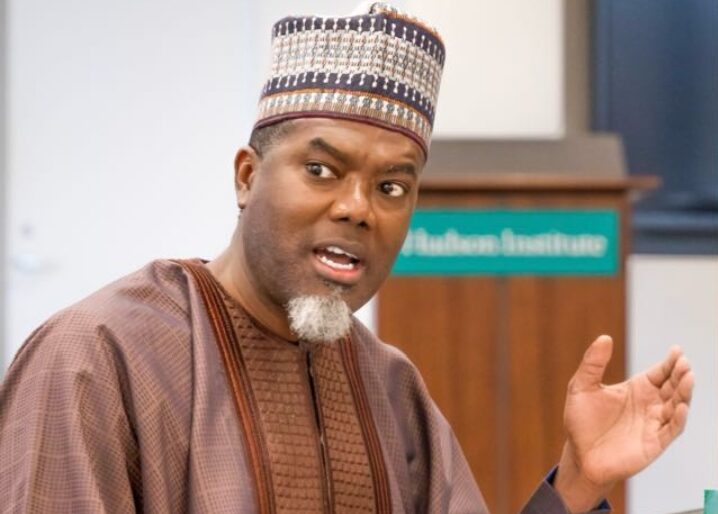Former aide to ex-president Goodluck Jonathan, Pastor Reno Omokri, has taken to social media to provide Nigerians with insights into how to revive the value of the Naira amidst prevailing economic challenges. Through his Twitter platform, Omokri outlined several key factors contributing to the current hardships faced by Nigerians, including the cessation of fuel subsidies and the decision to float the Naira.
In his message, he underscored the unsustainable nature of borrowing for immediate consumption, cautioning against burdening future generations with accumulated debts. He called for a collective willingness to endure present difficulties in order to pave the way for prosperity for future generations, emphasizing the imperative for Nigerians to take ownership of their country’s economic destiny.
Central to Omokri’s message is the idea that Nigerians themselves hold the key to salvaging the country’s economic situation. He urged citizens to recognize their role as agents of change and to actively contribute to the improvement of the nation’s economic indicators. One of the strategies he proposed is the support of local brands and industries.
Despite acknowledging that local products may initially lag behind their foreign counterparts in terms of quality, Omokri argued that sustained patronage could lead to significant improvements over time. By choosing to buy Nigerian-made goods, consumers not only contribute to the growth of local businesses but also play a part in enhancing the overall quality and competitiveness of domestic products.
Omokri stressed the importance of understanding the interconnectedness of individual actions and national outcomes. He asserted that the value of the Naira is inherently tied to the choices made by Nigerians in their everyday lives.
By prioritizing Nigerian products over foreign alternatives, citizens can directly impact crucial economic metrics such as foreign reserves, trade balances, and debt-to-GDP ratio. Furthermore, he highlighted the potential ripple effects of such actions, including an increase in personal happiness and the enhancement of the international reputation of the Nigerian passport.

Naira
In conclusion, Omokri’s message serves as a call to action for Nigerians to embrace their collective responsibility in shaping the economic future of the country. By making conscious decisions to support local industries and products, individuals can contribute to the revival of the Naira and the overall prosperity of Nigeria. Ultimately, the power to effect change lies in the hands of the Nigerian people, and it is through unity and concerted effort that meaningful progress can be achieved.










